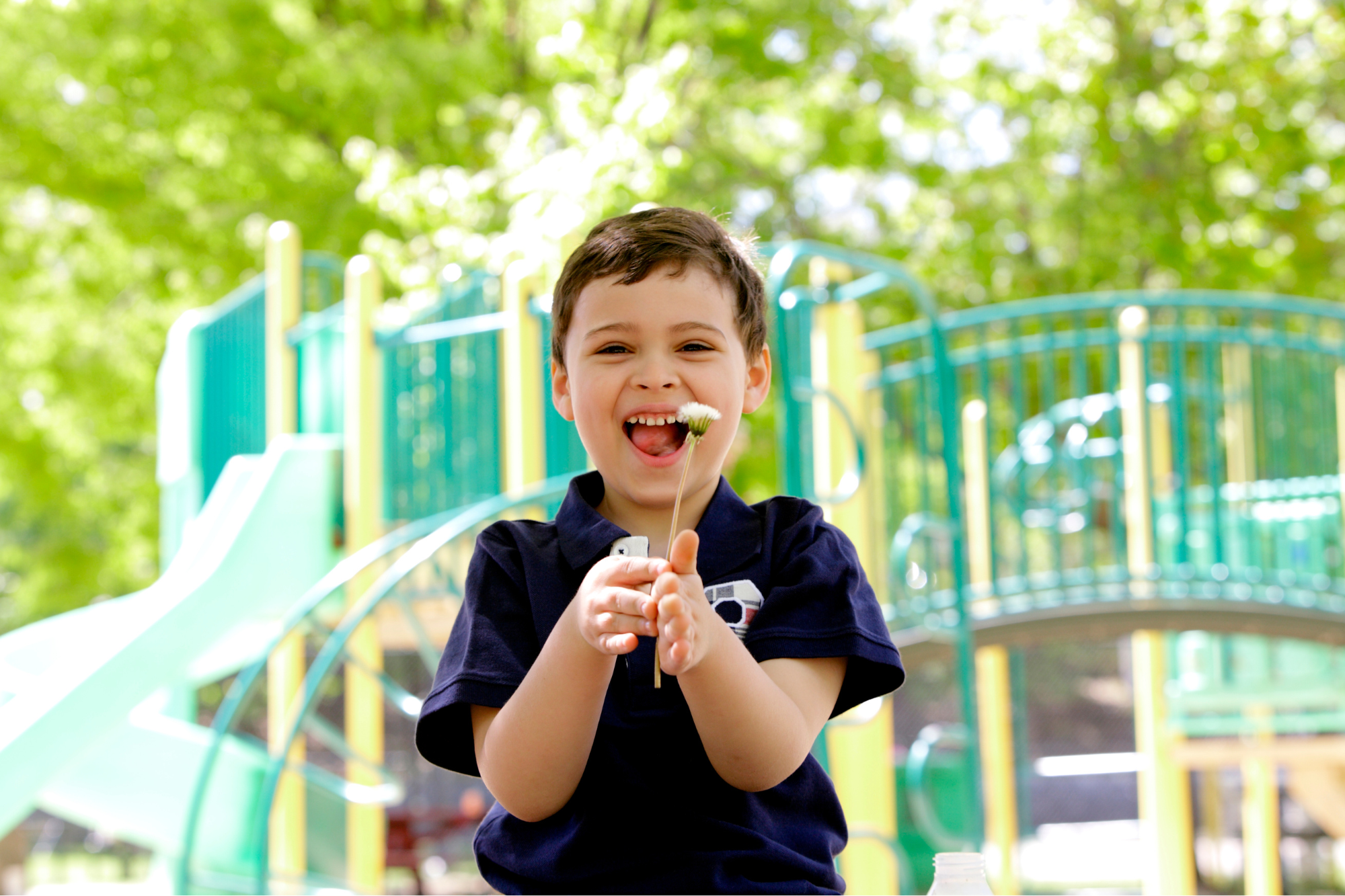World Autism Day - Moving Towards a Narrative of Acceptance
By Catherine Davis
Disability is a fairly taboo subject in society, persons with disabilities are often excluded from daily life and forced to exist in separate social and professional circles from everyone else. April 2nd marks World Autism Acceptance Day, an international day marked by the U.N. to celebrate and embrace autistic individuals. Autism Spectrum Disorder (ASD) is a neurodiversity that affects around 700,000 adults and children in the U.K. ASD affects how individuals communicate and interact with the world, it is a lifelong disability that has no ‘cure’. Autistic individuals may struggle with both verbal and nonverbal communication, they may engage in repetitive behavior both for fun and as a means of comforting themselves. Some autistic people experience over or under stimulation to different sensory experiences which may cause sensory overload, a struggle that occurs when one’s brain takes in too much information. Autistic individuals may also experience hyper-fixations or special interests. To some, these traits make autistic individuals seem stand-offish or difficult but this is not the case.
Autism is not a disease and it does not need to be cured. It is a disability where many of the people affected can live happy and fulfilling lives. Autism is a spectrum disorder, meaning each individual has unique needs: some require round the clock care while some are able to be completely self-sufficient. The spectrum is not a linear line but instead a pie chart with different people experiencing different severity in their symptoms.
In recent years, people have begun referring to autism as a ‘neurodiversity’ in the hopes of showing that ASD shows the diversity of the human brain instead of arguing that autistic people are not ‘normal’. In fact, using vocabulary such as ‘normal’ can be quite harmful because it implies that there is something inherently wrong with autism or disability in general. Despite the fact that 15% of the world’s population has a disability, we continue to ostracize and ignore those who do. This is often due to convenience: having to make what may be considered ‘special’ accommodations for people takes time and money, two things that we as a society value immensely and are unwilling to ‘waste’. For now, many still view creating these accommodations as a waste of time and resources. Yet autistic people and disabled individuals, in general, have much to contribute to the wellbeing of the world. Their different perspectives on the world can lead to both creative and intellectual advancements that neurotypical people (i.e. not neurodiverse) would never think of. Sir Anthony Hopkins, who has won two Oscars, was diagnosed with autism and credits his success to his disability, saying that “I was a bit slow as a school kid, and so I made up for it by working hard, and I became, you know, a successful actor. Obsessiveness about the details”. Climate activist, Greta Thunberg, has also come forward as autistic, claiming that it makes her more open to truth and allows her to go her own way instead of following the path society expected her to. Many specialists also believe that Albert Einstein was autistic.
Despite these brilliant minds, many of whom credit their brilliance to their disability itself, autistic individuals still face discrimination and ostracization today. Only one in six autistic people has a full time job and autistic children are three times as likely to be excluded from school. Furthermore, over a third of autistic adults have severe mental health problems. We live in a world that was not built for disabled individuals but that does not mean that they are not meant to live in the world. Reena Lee, secretary general of the Korean disability forum argues that autism “only becomes a disability at the point when one’s deficiency interacts with the social environment or the attitudes of people around them. So it is our society, not the individuals themselves that create the disability”.
Disability can be a beautiful example of diversity and when included in society, disabled persons can contribute great things—the problem is that we do not allow them this ability. It is time to reshape our conceptions of autism and disability in general and learn to celebrate it, instead of feeling shame. Only when we include disabled individuals in our lives and hearts can we truly live in a diverse and accepting world.

